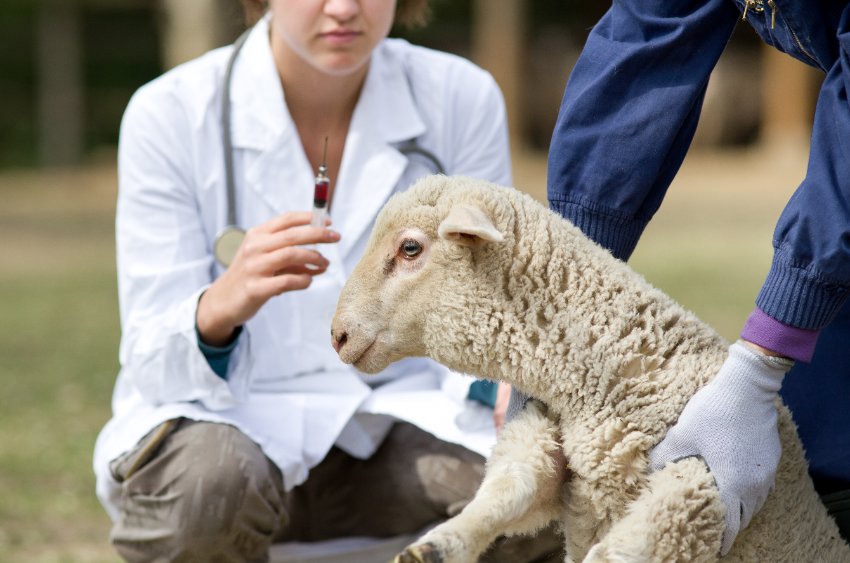
A campaign has launched to promote the Livestock Vaccination Guideline to ensure that farmers can benefit from a preventative animal health approach.
The National Office of Animal Health's (NOAH) campaign aims to make the most of the potential of vaccines to help improve animal welfare.
It also seeks to increase the productivity of the UK’s national herd and flock, as well as positively impact the sustainability of the agricultural sector.
The campaign supports farmers and other industry professionals with the information they need to make decisions on vaccinating their animals.
They are being invited to sign up to pledge their support for the Livestock Vaccination Guideline, which promotes a shift in how vaccines are used by the dairy, beef and sheep sectors.
The knowledge from the guideline has been distilled into on-farm guides for the dairy, beef and sheep sectors which will be provided to those who sign up to the pledge.
Supporters will be asked to commit to sharing and implementing the guideline to help fully realise the benefits of a preventive health approach.
Vaccination plays a vital role in ‘One Health’, a concept that encompasses the interaction between animal health, human health and the environment.
Several vaccines which are championed in the guideline also act as a safeguard to protect human health by reducing the risk of zoonotic infection, helping to lower disease levels and reducing the overall risk to animals and humans.
The campaign was unveiled at the Kisaco Livestock and Aquaculture Innovation Summit in London today (8 September).
Dawn Howard, chief executive of NOAH, said a strategic and industry wide approach to vaccinating livestock was an important part of ensuring that animals were healthy.
“These documents will enable vets, SQP’s and farmers to work together to improve farm resilience, prevent zoonotic diseases and ensure the future prosperity of the sector.
"Healthy, vaccinated animals are more likely to stay well, produce more and are less likely to require antibiotic treatment. We are aiming to change the mind set and approach towards proactive vaccination strategies on farms."
